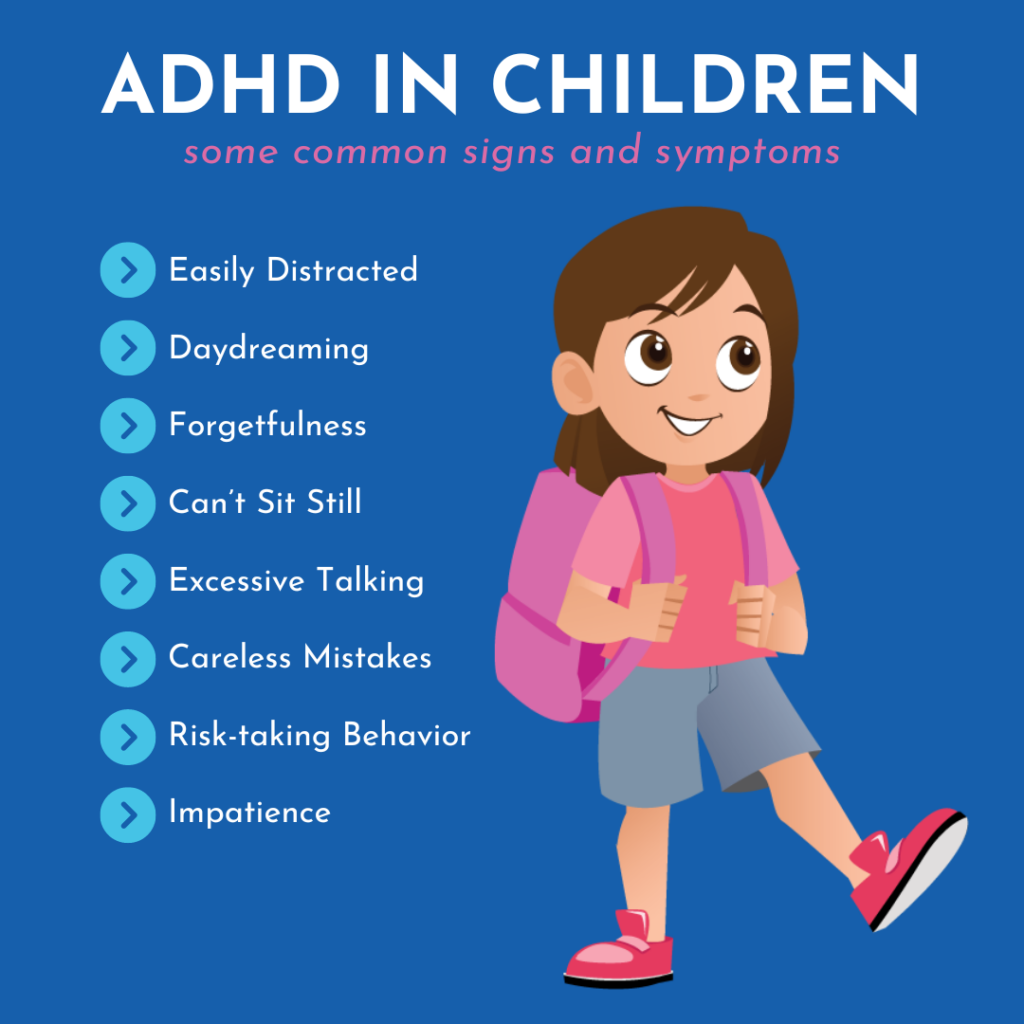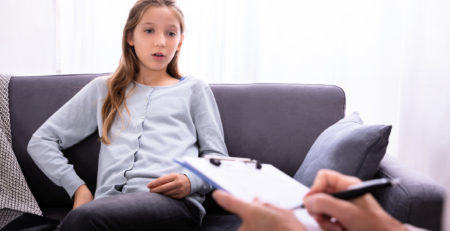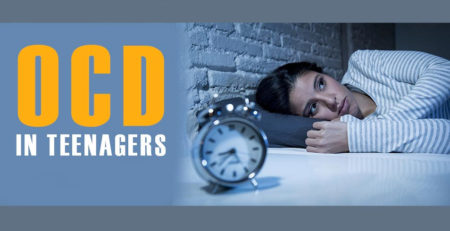Helping Your Child Manage ADHD Symptoms
Attention Deficit Hyperactivity Disorder (ADHD) is a common mental health disorder that can affect children and can cause difficulty with focusing, controlling behavior, and paying attention. If your child has been diagnosed with ADHD, or you think he or she may have it, there are steps you can take to help your child manage the symptoms and lead a more productive life.
Seek Professional Help
The first step in helping your child manage their ADHD symptoms is to seek professional help. A mental health professional, such as a psychiatrist or psychologist, can diagnose ADHD and develop an effective treatment plan. Treatment plans typically include medications to reduce hyperactivity and impulsivity, psychotherapy to improve problem-solving skills and executive functioning, and behavioral therapy to help with impulse control problems. Additionally, a functional behavior assessment may be conducted to understand your child’s behavior better and develop strategies for managing it effectively.
Create a Routine
Creating a routine for your child is essential for managing their ADHD symptoms. Establishing habits helps children stay organized and on task while providing structure throughout the day. Each morning should start with an overview of the day ahead so your child knows what tasks must be completed before bedtime. Incorporating breaks into this routine will also give them time to relax and reset after completing tasks. Additionally, including activities that involve movement—such as playing outside or participating in sports—will help them expend energy and provide an outlet for stress relief.
Encourage Healthy Habits
Ensuring your child eats healthy meals is crucial in managing ADHD symptoms. Eating breakfast every morning before starting school can prevent mid-day crashes due to low blood sugar levels caused by skipping meals. Also, be sure they are getting enough sleep at night; lack of sleep can cause irritability which often leads to anger or frustration during the day. Finally, reducing screen time will help reduce distractions throughout the day; try limiting screen time to an hour per day so that they can focus on activities like reading or completing homework assignments without interruption from electronics such as phones or tablets.
Talk to your child’s doctor.
If you think your child may have ADHD, the first step is to talk to your child’s doctor. Your doctor can rule out other possible causes of your child’s symptoms and refer you to a specialist if necessary.
Seek a second opinion.
If you’re unsure whether your child has ADHD, you may want to seek a second opinion from another doctor or specialist. This can help you get a more accurate diagnosis.
Get a comprehensive evaluation.
A comprehensive evaluation for ADHD should include a physical exam, developmental history, and psychological testing. This can help to rule out other possible causes of your child’s symptoms and give you a better understanding of their condition.
Consider medication.
Medication is often used to treat ADHD and can effectively reduce symptoms. However, working with a doctor who can prescribe the right medication for your child and monitor their progress closely is important.
Try behavioral therapy.
Behavioral therapy is another treatment option for ADHD and can be very helpful in managing symptoms. A therapist can help your child learn new skills and strategies for dealing with their condition.
Create a support system.
A strong support system is important for any family dealing with ADHD. Many resources are available to families, including support groups, online forums, and books about the condition.
Educate yourself about ADHD.
The more you know about ADHD, the better equipped you’ll be to help your child manage their condition. There are many excellent books and websites about the condition that can provide valuable information and insights.
Advocate for your child.
It’s important to advocate for your child at school and in other settings where they may encounter difficulties due to their condition. This may include working with teachers to create an individualized education plan or requesting accommodations at work or in other activities.
ADHD can be difficult for both parents and children alike; however, you can take steps to ensure that your child’s symptoms are managed effectively so that they can lead a productive life despite having this mental disorder. Seeking professional help from mental health professionals is essential for developing treatment plans tailored specifically for your child’s needs; creating routines helps keep them focused throughout the day; and encouraging healthy habits like eating breakfast every morning, getting enough sleep at night, and limiting screen time will make it easier for them to stay on track during school hours as well as after school activities such as sports practices or tutoring sessions. With these tips in mind, helping your child manage their ADHD symptoms does not have to seem like such an impossible challenge!
Contact us today at 816.819.5166 or schedule your appointment online.












